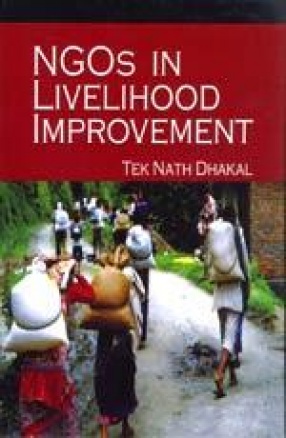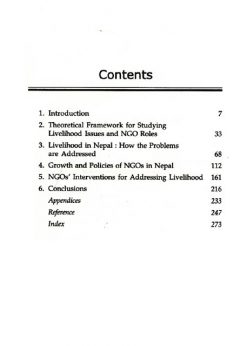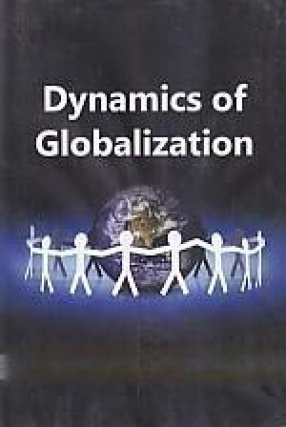There is a sharp rise in the number of non-profit organizations and their activities in the developing countries. As NGOs have been developing at the cutting point of market, the state, and the civil society, their roles has become an area of interest among the different stakeholders such as academicians, practitioners, planners, policy implementers, taxpayers and also the beneficiaries at large. NGOs have also evolved in the course of time and space to meet the needs of the livelihood in different parts of the world and found them as new institutions to voice and address their needs. Therefore, governments have come to accept NGOs as their development partners in many of their developmental activities, and their roles for the management of socio-economic resources in a sustainable manner. This book is a revised version of the author’s research work ‘The Role of Non-governmental Organizations in the Improvement of Livelihood in Nepal’. This book provides a comprehensive perspective and theoretical understanding on the role of NGOs to support the livelihood improvement of the people and particularly of the poor and the deprived communities. It reviews the overall socio-economic scenario of the country and assesses the efforts made for meeting the development needs. The book explores the development of NGOs in Nepal, policies adopted for involving them as development partners, and their contribution in the socio-economic development of the people. Besides, the book gives a clear picture of the target communities at the grassroots, and the effects on the livelihood situation after the NGOs’ intervention. It also assesses the NGOs’ strengths and weaknesses to work as development catalysts.
Dynamics of Globalization
$37.80
$42.00







There are no reviews yet.